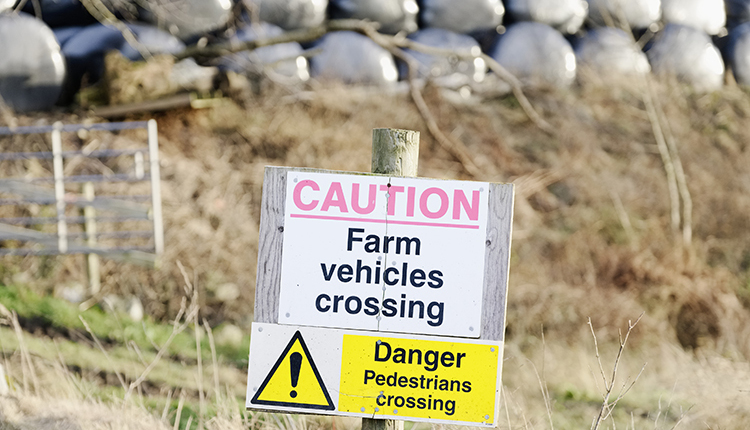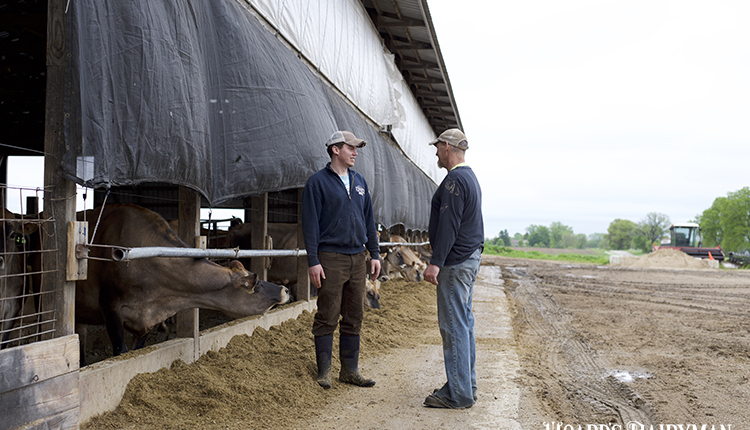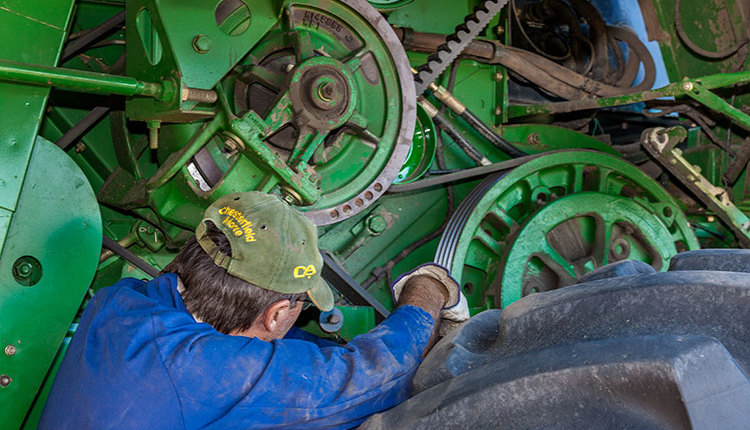
The author is a professor and extension agricultural safety and health specialist at the University of Wisconsin-Madison.
What causes stress for farmers and farm families? The list could be endless for most people who work in agriculture. Between financial pressures, extreme work conditions, fatigue, and health issues, farming is one of the most dangerous and stressful occupations in the U.S.
Stress is a double-edged sword. A little stress can serve as a constructive motivator, galvanizing us to action. Too much stress, on the other hand, can damage our health, compromise safety, and sabotage personal relationships. Stress diminishes our capacity for considering and evaluating alternative solutions to complex problems, thereby limiting our power to make sound decisions. Stress can also manifest itself as a vicious cycle with escalating consequences that can paralyze a farm family.
A physical reaction
Stress is our reaction to a threatening event or stimulus. Such events and stimuli are called “stressors.” People differ in how they perceive and react to stressors. Several factors influence our capacity for coping with stress:
The presence of a social network (family, friends, community groups, or church)
Our skill and confidence in assessing a complex situation and then developing and evaluating solutions
Personal variables (physical health, experience, confidence, anxiety threshold, problem-solving ability, and so forth)
When we encounter a stressor, our brain and body respond by triggering a series of chemical reactions that prepare us to engage with or run away from the stressor. Two hormones that we release are adrenaline, which prepares muscles for exertion, and cortisol, which regulates bodily functions. If a stressor is exceptionally frightening, it might cause us to freeze and become incapacitated.
The stress response causes our blood pressure to rise and our heart rate to increase. It also causes the digestive system to slow down (or stop) and blood to clot more quickly.
Thousands of years ago, people who stumbled upon a hungry saber-toothed tiger or other predator would be more likely to survive the encounter if they were able to spring up and sprint away swiftly. An elevation in blood pressure and heart rate and a slowdown of digestive processes meant more energy could be directed toward escaping. If they couldn’t run quickly enough, their odds of surviving a wound from the hungry tiger were better if their blood clotted rapidly.
Today, this physical response to stress can be damaging to our health. Unrelieved stress is a known risk factor in many of the leading causes of premature death among adults, including heart disease, hypertension, stroke, diabetes, and deterioration of the immune system. Stress is also a risk factor for depression, addiction, and suicide.
Stress affects safety
Stress, long hours, and fatigue contribute to injury risk. When we confront several stressors at once, we may become distracted, and this distraction can cause errors that lead to serious or fatal incidents, such as tractor rollovers or entanglement in a fast-moving machine. Thus, proper safety precautions are essential for preventing such incidents.
Farm operators who face financial pressures sometimes don’t invest in eliminating farm hazards. They might not replace damaged or missing shields on machinery. They may choose not to retrofit old tractors with rollbars and seatbelts. They might defer investments in equipment and facilities needed for safe animal handling and housing. Or they may require children to do potentially dangerous farm work before they are physically and mentally ready.
Don’t wait until stress does irreparable damage to you, your family, or someone on your farm. Find ways to cut unnecessary stress from your life, and seek help from those around you if it all seems too overwhelming.








